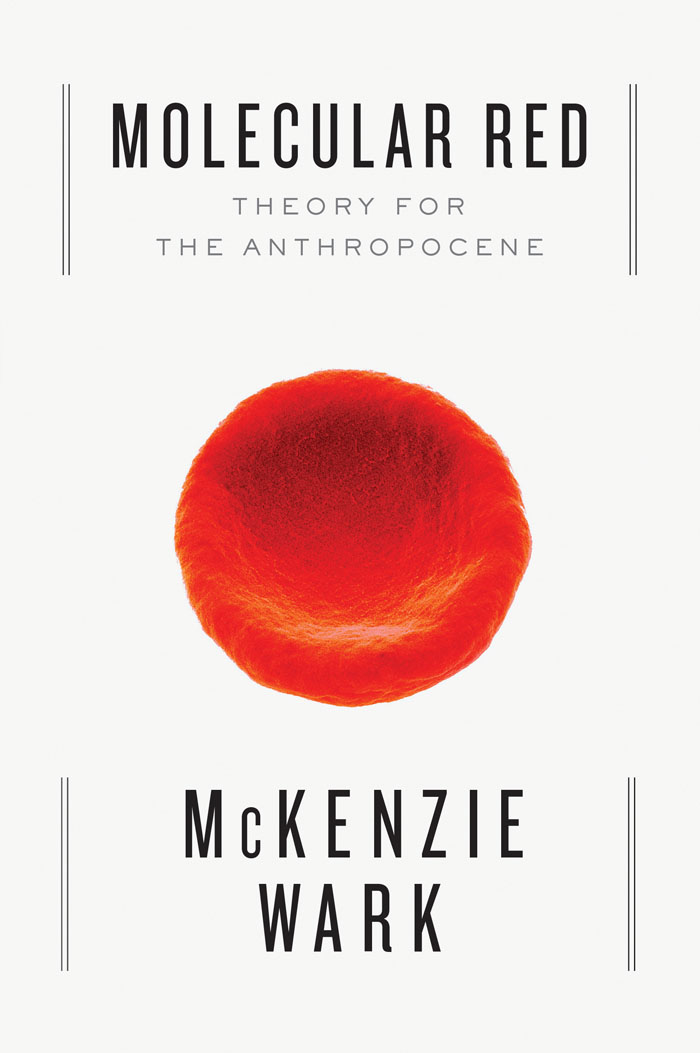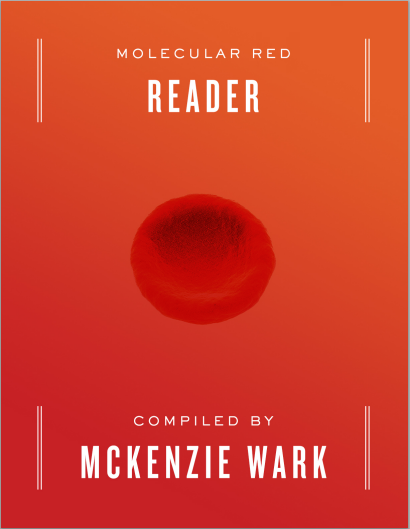David Graeber, Marshall Sahlins: On Kings (2017)
Filed under book | Tags: · anthropology, authority, kinship, labour, myth, politics, production, ritual, royalty, sovereignty, state, violence

“In anthropology as much as in popular imagination, kings are figures of fascination and intrigue, heroes or tyrants in ways presidents and prime ministers can never be. This collection of essays by two of the world’s most distinguished anthropologists—David Graeber and Marshall Sahlins—explores what kingship actually is, historically and anthropologically. As they show, kings are symbols for more than just sovereignty: indeed, the study of kingship offers a unique window into fundamental dilemmas concerning the very nature of power, meaning, and the human condition.
Reflecting on issues such as temporality, alterity, and utopia—not to mention the divine, the strange, the numinous, and the bestial—Graeber and Sahlins explore the role of kings as they have existed around the world, from the BaKongo to the Aztec to the Shilluk and beyond. Richly delivered with the wit and sharp analysis characteristic of Graeber and Sahlins, this book opens up new avenues for the anthropological study of this fascinating and ubiquitous political figure.”
Publisher HAU Books, Chicago, 2017
Creative Commons BY License
ISBN 0986132500, 9780986132506
xv+536 pages
Alexander Kluge, Oskar Negt: History and Obstinacy (1981–)
Filed under book | Tags: · capitalism, commodity, knowledge, labour, politics, power, production, time, violence, war, women

“If Marx’s opus Capital provided the foundational account of the forces of production in all of their objective, machine formats, what happens when the concepts of political economy are applied not to dead labor, but to its living counterpart, the human subject? The result is Kluge and Negt’s History and Obstinacy, a breathtaking archaeology of the labor power that has been cultivated in the human body over the last 2,000 years. Supplementing classical political economy with the insights of fields ranging from psychoanalysis and phenomenology to evolutionary anthropology and systems theory, History and Obstinacy examines the complex ecology of expropriation and resistance as it reaches down into the deepest strata of unconscious thought, genetic memory, and cellular life. First published in 1981, this epochal collaboration has now been edited, expanded, and updated by the authors in response to global developments of the last decade to create an entirely new analysis of “the capitalism within us.””
First published as Geschichte und Eigensinn, 3 vols., Zweitausendeins, Frankfurt am Main, 1981.
Translated by Richard Langston et al.
Edited and with an Introduction by Devin Fore
Publisher Zone Books, New York, 2014
ISBN 1935408461, 9781935408468
541 pages
via Baykamber
Reviews: Christopher Pavsek (New German Critique 1996), Stewart Martin (Radical Philosophy 2015), Tara Hottman (Qui Parle 2015), Adrian Wilding (Marx & Philosophy 2015).
PDF (14 MB, updated on 2021-7-12)
Video complements
McKenzie Wark: Molecular Red: Theory for the Anthropocene (2015)
Filed under book | Tags: · agriculture, anthropocene, climate, climate crisis, communism, cyborg, environment, knowledge, labour, literary criticism, marxism, nature, philosophy, production, proletariat, proletkult, revolution, science, science fiction, technoscience, tektology, theory, utopia


“In Molecular Red, McKenzie Wark creates philosophical tools for the Anthropocene, our new planetary epoch, in which human and natural forces are so entwined that the future of one determines that of the other.
Wark explores the implications of Anthropocene through the story of two empires, the Soviet and then the American. The fall of the former prefigures that of the latter. From the ruins of these mighty histories, Wark salvages ideas to help us picture what kind of worlds collective labor might yet build. From the Russian revolution, Wark unearths the work of Alexander Bogdanov—Lenin’s rival—as well as the great Proletkult writer and engineer Andrey Platonov.
The Soviet experiment emerges from the past as an allegory for the new organizational challenges of our time. From deep within the Californian military-entertainment complex, Wark retrieves Donna Haraway‘s cyborg critique and science fiction writer Kim Stanley Robinson’s Martian utopia as powerful resources for rethinking and remaking the world that climate change has wrought. Molecular Red proposes an alternative realism, where hope is found in what remains and endures.”
Publisher Verso, London and New York, March 2015
ISBN 1781688273, 9781781688274
xxiv+280 pages
Reviews: Slavoj Žižek (Verso 2015, Wark’s response), John Beck (Radical Philosophy 2015), Mark Rappolt (ArtReview 2015), Maria Chehonadskih (Mute 2015, Wark’s response), Two Grenadiers (2015), Pieter Vermeulen & Tom Chadwick (nY 2016), Jim Harper (LSE Review of Books 2016).
Commentary: Joe Guinan (Renewal 2015), Jernej Kaluža (Radio Student 2019, SL).
Video lecture (Concordia U, Apr 2015)
Publisher
WorldCat
See also Molecular Red Reader compiled by Wark (PDF).
Comment (0)
